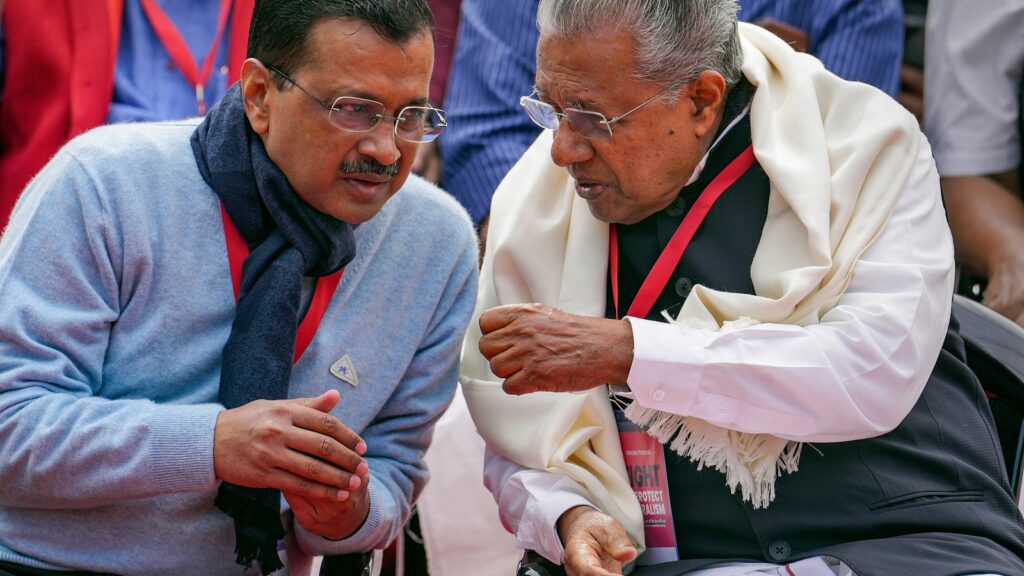Protests by governments of three southern states — Karnataka, Kerala and Tamil Nadu — have brought to the fore the growing tensions in India’s fiscal federalism contract. These states are not the first to raise the issue of what they allege is growing discrimination by the Narendra Modi government in the disbursal of central funds to non-BJP-ruled states. The facts of the case are more in shades of grey than black and white.
The share of states in the Centre’s gross tax revenues has been lower than what the 15th Finance Commission recommended in its formula. But this is on account of some of central taxes being out of the divisible pool on account of special cesses and duties. Also, overall transfers from the Centre to the states — the data is unambiguous on it — have increased rather than decreased over time including under the Modi government. This is a result of the increase in transfers for other central grants such as centrally sponsored schemes.
Why are the states complaining then? The Centre’s tightening of what in essence are political conditionalities on such transfers (in most cases they involve mandatory attribution of these schemes to the Prime Minister) could be one such factor. The anger of the non-BJP state governments on this count is not very difficult to understand.
What is troubling, however, is the fact that some southern (and also richer) states are taking out this anger in a different direction and are beginning to question the well-established principle of giving a bigger share of central taxes to poorer states even if a bigger share is collected from the richer states. Such a sentiment, if it is allowed to gain ground, can create large-scale discord in India’s fiscal federalism framework. Whether or not it is justified – one can always argue that the economic prowess of the richer states is more a function of India’s overall economic and political stability than a state-specific thing – is beside the point. The more important task at hand is to ensure that such a feeling is not allowed to gain political legitimacy.
Doing this will require a statesman-like approach rather than browbeating the proponents of such demand by using a brute parliamentary majority. In fact, the latter is more likely to alienate them further. This will be one of the biggest challenges facing the newly constituted 16th Finance Commission. Politics must facilitate this process rather than obstruct it.
Continue reading with HT Premium Subscription
Daily E Paper I Premium Articles I Brunch E Magazine I Daily Infographics


